Nanjing University in Jiangsu province is breaking new ground in Chinese higher education as it prepares to roll out a pioneering "core curriculum system in artificial intelligence literacy" for incoming students this September.
The initiative aims to foster highly adaptable talent, marking a significant first among universities in China. More than 3,700 new students will have access to this AI literacy program, which follows a "1 X Y "framework.
The framework includes a mandatory core AI literacy course (1), additional AI literacy courses (X), and interdisciplinary courses (Y) that integrate various fields with artificial intelligence. The educational approach will encompass knowledge, skills, values and ethics.
Students who meet certain conditions can obtain a certificate for studying artificial intelligence alongside their majors.
Wang Jun, executive vice-dean of Nanjing University's undergraduate school, said that after conducting comprehensive research and consultation with experts, teachers and students from diverse fields since the latter half of 2023, the university is moving forward with the development of a general education curriculum in AI.
"We believe that promoting general education in artificial intelligence is both timely and urgent," he said, adding that the university has established interdisciplinary teaching and research efforts to address the content, scope, course design and teaching methods for the framework.
Tan Tieniu, a member of the Chinese Academy of Sciences and the Party chief of Nanjing University, emphasized the challenges of providing comprehensive education in AI for students from diverse academic backgrounds.
"We have constructed a curriculum system that balances unity and diversity," he said. "While meeting the basic requirements of core literacy, we also take into account the personalized needs of different students, gradually enhancing their literacy and skills to better adapt to the development of the AI era," he said.
He noted that Nanjing University is encouraging the development of advanced practical courses to support students in applying AI technology for interdisciplinary exploration, ultimately nurturing highly skilled and adaptable talent.
"Artificial intelligence is increasingly becoming an essential and integral part of people's lives and work," Tan said. "As AI rapidly advances, public perceptions have diversified, leading to a sense of cognitive confusion and anxiety. This has sparked an urgent need for the incorporation of general education in AI. In the age of intelligence, every college student should possess fundamental AI literacy."
Tan added that the core general education curriculum system has garnered widespread praise, prompting several universities to inquire about related training programs. Undergraduate students in their second and third years at Nanjing University have also expressed strong interest in studying AI.
The university will collaborate with enterprises to provide students with opportunities to engage in cutting-edge scientific research projects, participate in practical application scenarios, and develop innovative capabilities to address complex challenges across various disciplines in the future intelligent era.
In 2018, Nanjing University took the lead in establishing the School of Artificial Intelligence and released the "Talent Training Program for AI", creating the first comprehensive undergraduate professional AI education system in China.
In 2022, the university expanded its efforts by establishing the Intelligent Science and Technology School and the Intelligent Software and Engineering School at its Suzhou campus with the goal of nurturing skilled professionals to meet the needs of emerging industries.
The university has also initiated interdisciplinary programs such as "AI for Science" and "AI for HASS" (Humanities, Arts and Social Sciences), offering over 50 specialized courses that apply AI technology across various fields.












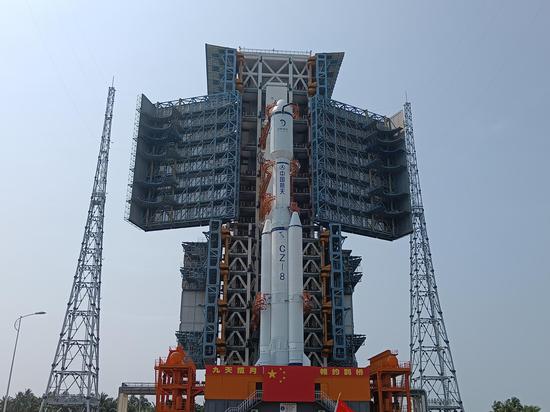













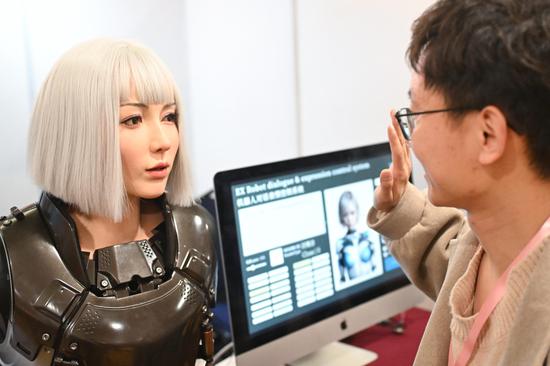








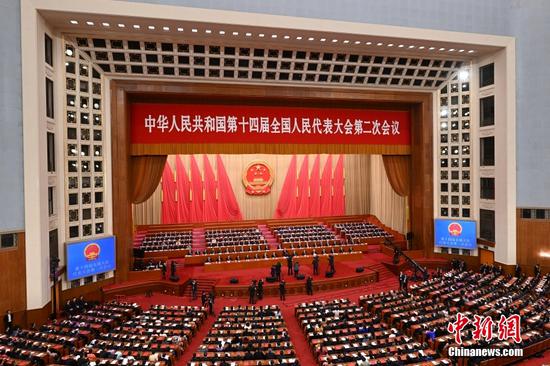

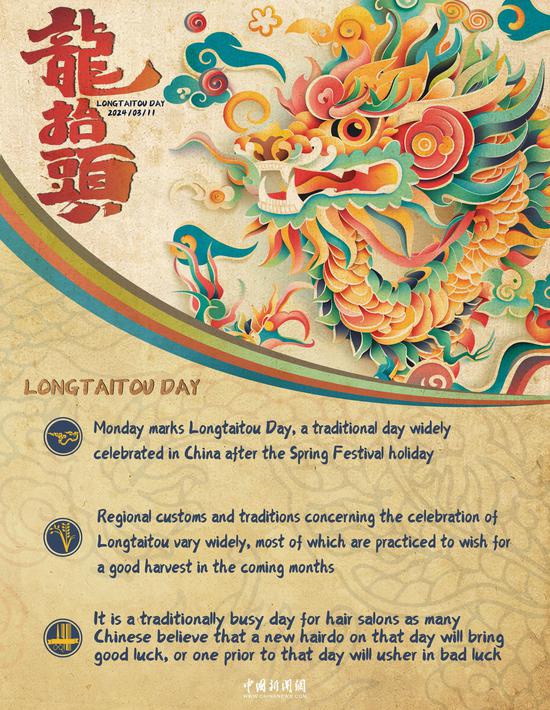

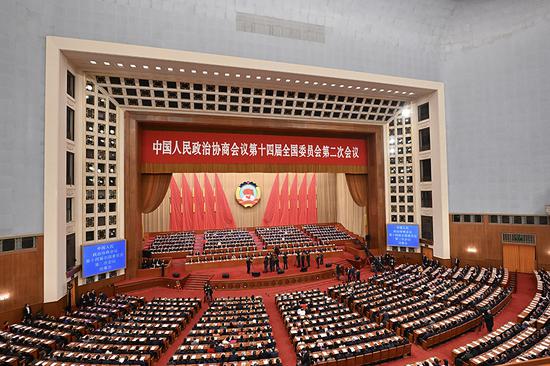
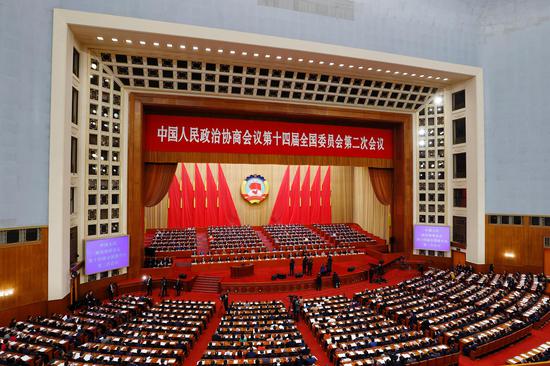

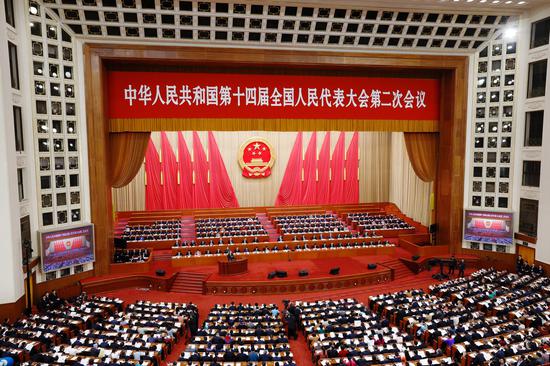







 京公网安备 11010202009201号
京公网安备 11010202009201号